The U.S. government has filed a historic anti-trust lawsuit against tech giant Apple, over alleged market monopoly and unfair competitive tactics.
Apple vs America
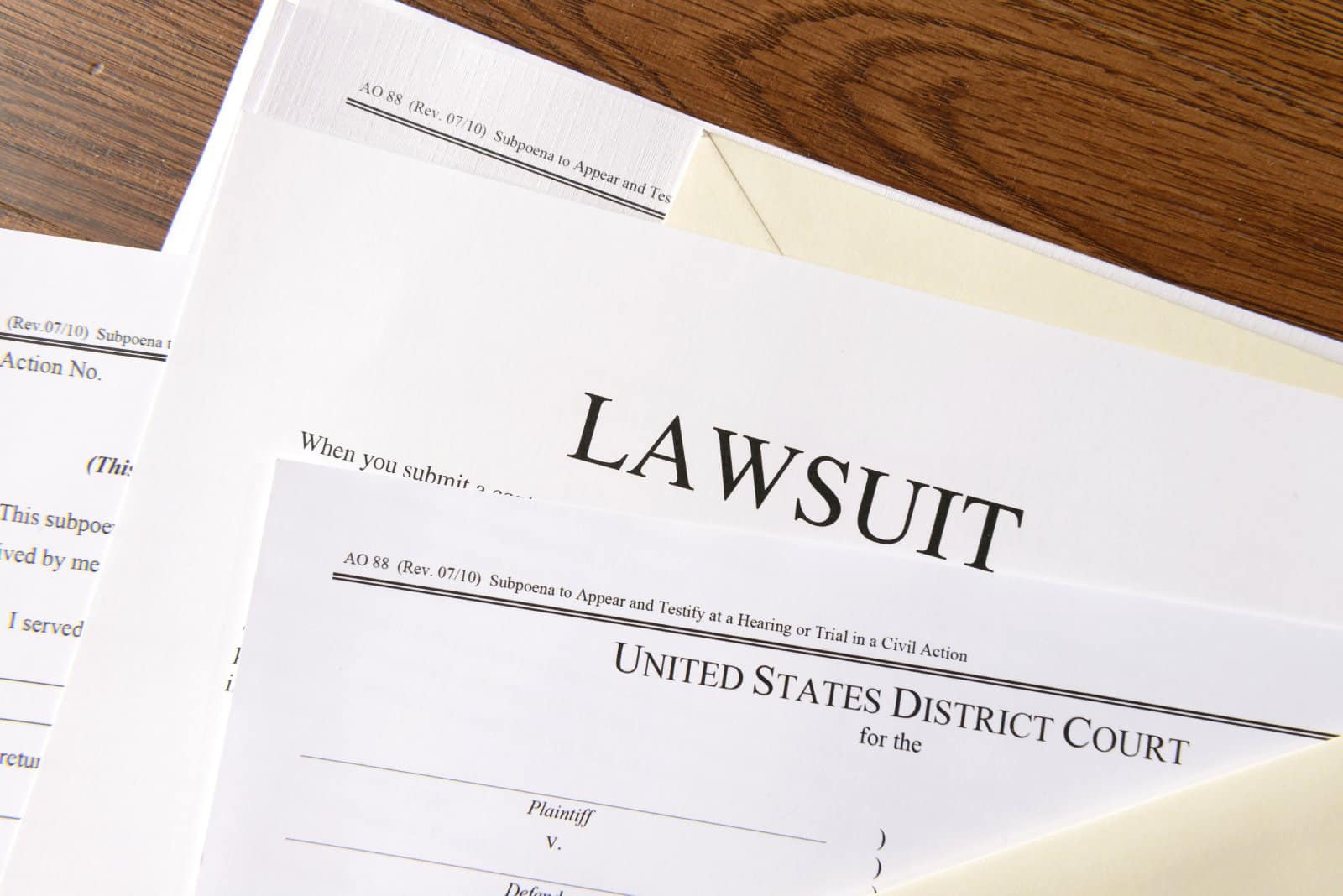
An anti-trust lawsuit has been filed against Apple on behalf of the U.S. Department of Justice, setting up what looks to be a formidable legal battle between the U.S. government and the world’s foremost tech company.
Lawsuit Filed
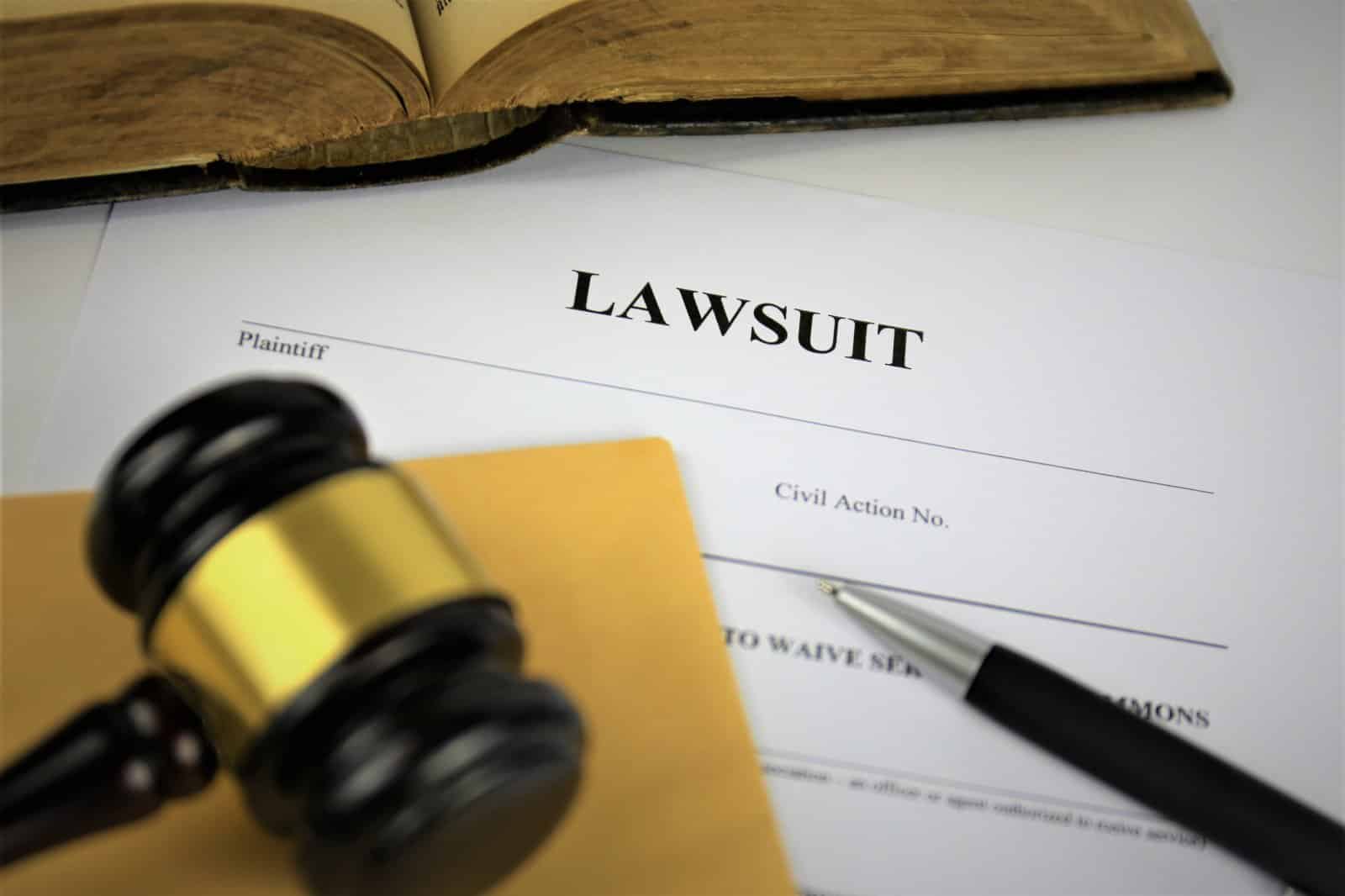
The lawsuit has accused Apple of engineering a market monopoly on smartphones that crushes competitors, locks in developers and customers, and stunts technological innovation.
In 16 States
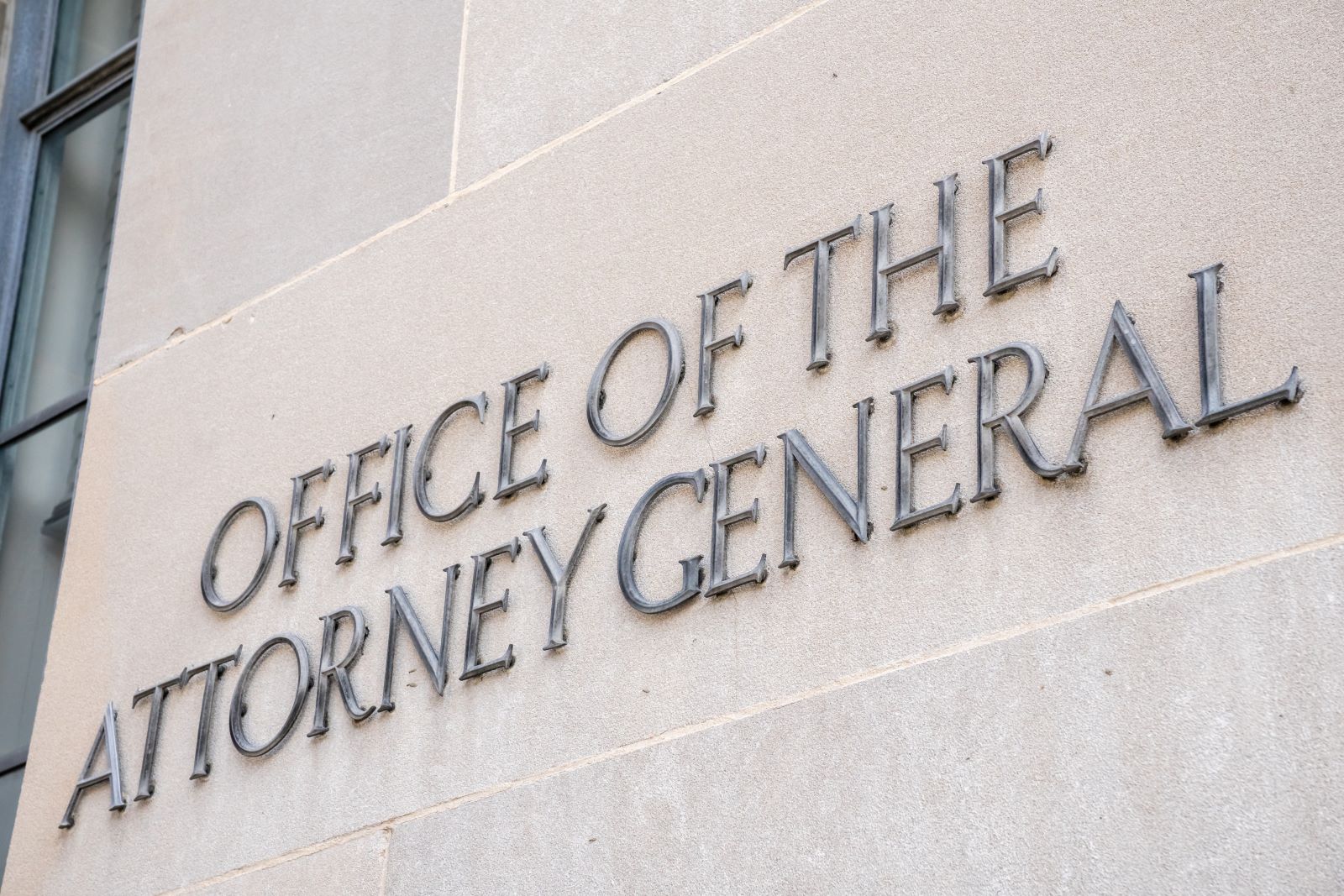
Filed in New Jersey and with 16 state attorney generals, the lawsuit alleged that the multinational corporation had used its iron grip on the iPhone app store to “engage in a broad, sustained, and illegal course of conduct.”
Potential for Big Changes

If effective, the landmark lawsuit could force the company to change language and clauses in its contracts with consumers and developers, specifically those that allow it to “obtain, maintain, extend or entrench a monopoly.”
Apple Denied the Claims

Apple representatives have strongly denied the lawsuit’s claims, calling it “wrong on the facts and the law” and vowing to “vigorously defend against it.”
Series of Allegations

A number of allegations have been made around the “shapeshifting rules”, regulations, hardware, and software that Apple uses in its products to boost its own profits and cut down the competition.
Strategic App Reviews
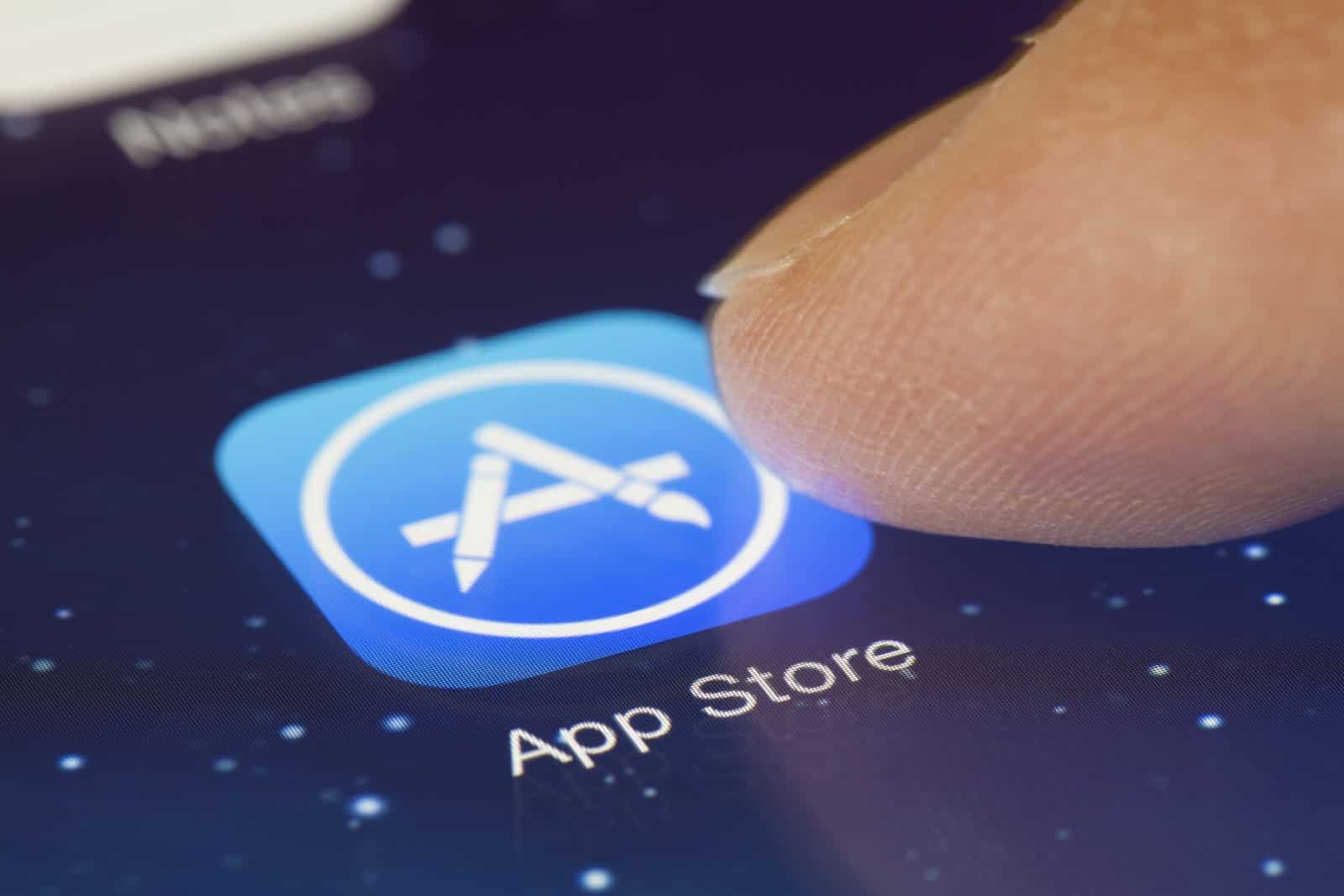
Examples include using its app-store review process to divert attention from ‘super-apps’ and streaming apps that might lead Apple customers away from their services, despite these apps having few alternatives outside of the Apple store to sell their products.
Steering Customers Away

It also makes it more difficult for customers to use these competing services and products, particularly messaging apps and smartwatches, on Apple devices.
Many Complaints From Competitors
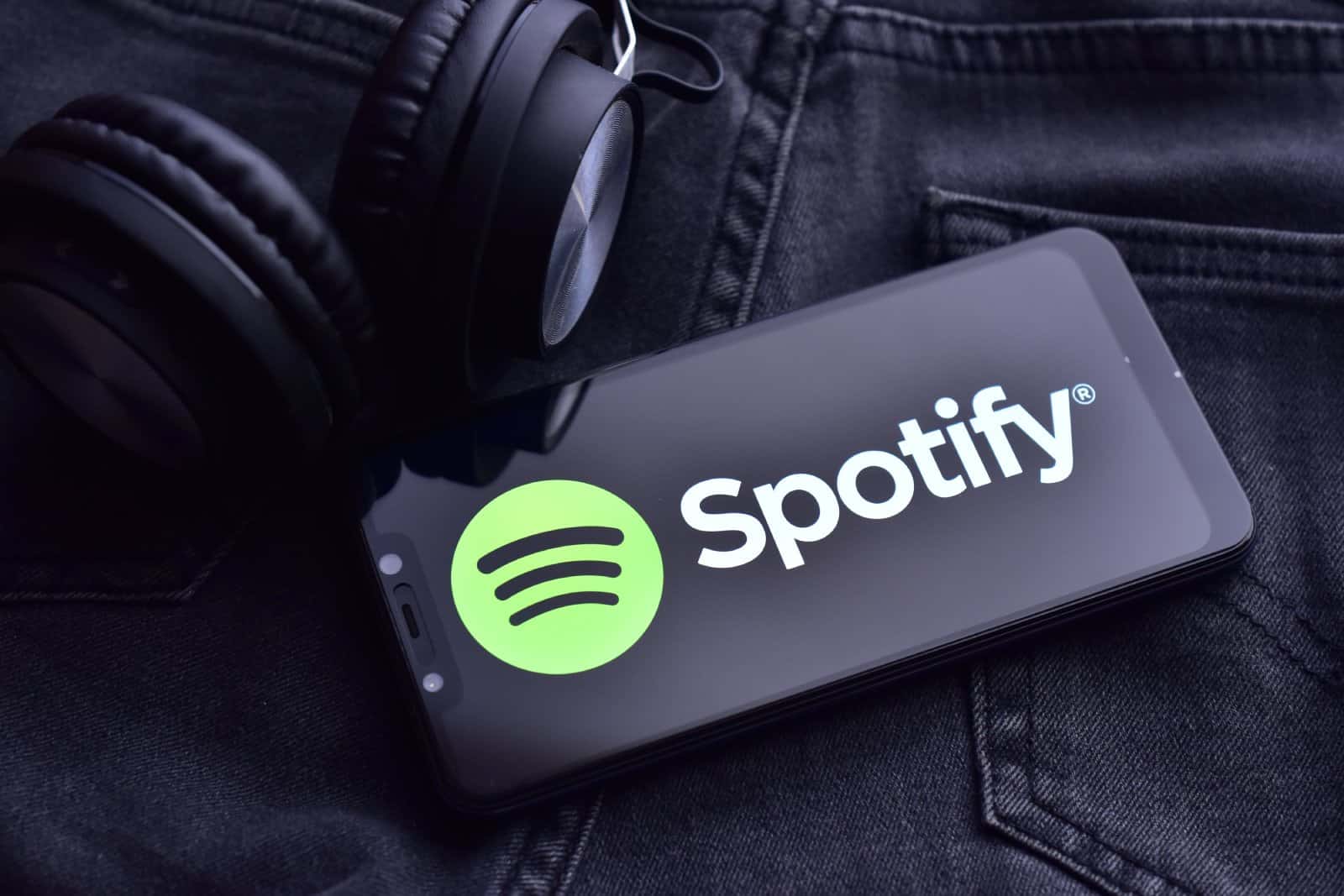
A number of significant apps like Tile and streaming companies like Spotify have launched complaints about the unfair tactics Apple has used to corner the market and ensure that competitors cannot profit too much through Apple.
Contactless Payments Too

Officials have also claimed that Apple has blocked contactless payment technology from other companies on its devices.
Apple Pay for Apple Users

This means that Apple users must use Apple Pay in order to connect their credit card to their phone and smartphone to use contactless payment options.
“Violating Federal Anti-Trust Laws”

“Apple has maintained monopoly power in the smartphone market not simply by staying ahead of the competition on the merits but by violating federal anti-trust law,” said Attorney General Merrick Garland at a press conference concerning the case.
Five Areas

All in all, there are five areas where it is believed that Apple is abusing its power and even breaking the law.
“Customers should not have to pay higher prices because companies break the law,” Garland continued.
Industry Experts Weight In
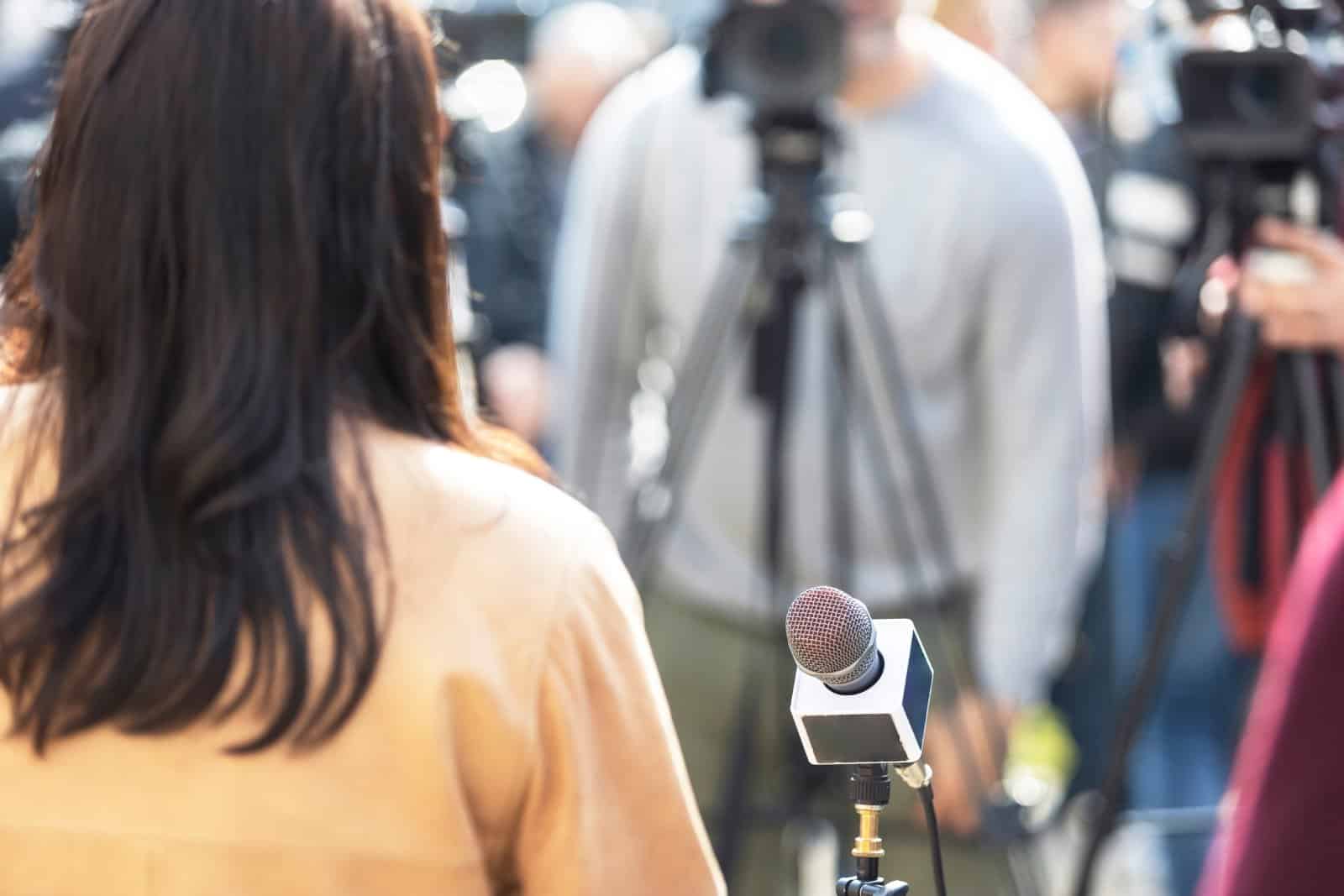
Some industry experts agree with the government’s assertions.
Case Western Reserve University business law professor Anat Alon-Beck asserted that “Apple systematically excludes rivals from the Apple ecosystem. By doing that, Apple is hurting so many startup businesses, stakeholders, customers, and, in my opinion, its shareholders.”
Customers Are Satisfied

But Apple has insisted that its loyal user base was the result of customer satisfaction, not unfair practices, and that the rules and regulations that the government has taken issue with are there for legitimate security reasons.
Hindering Innovation?
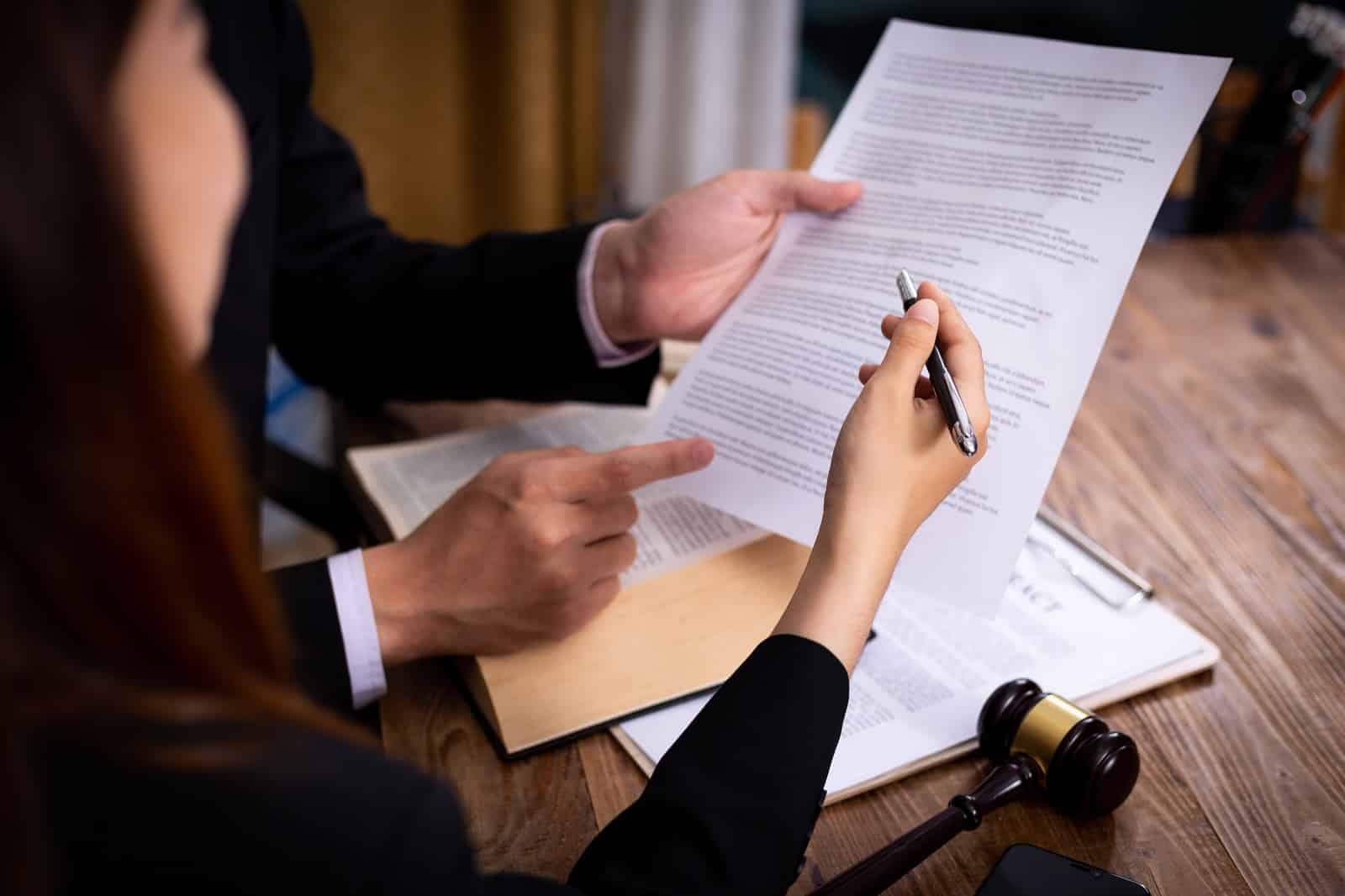
They plan to request that the lawsuit be dismissed, on the grounds that successful legal action would “hinder our ability to create the kind of technology people expect from Apple — where hardware, software, and services intersect.”
“A Dangerous Precedent”
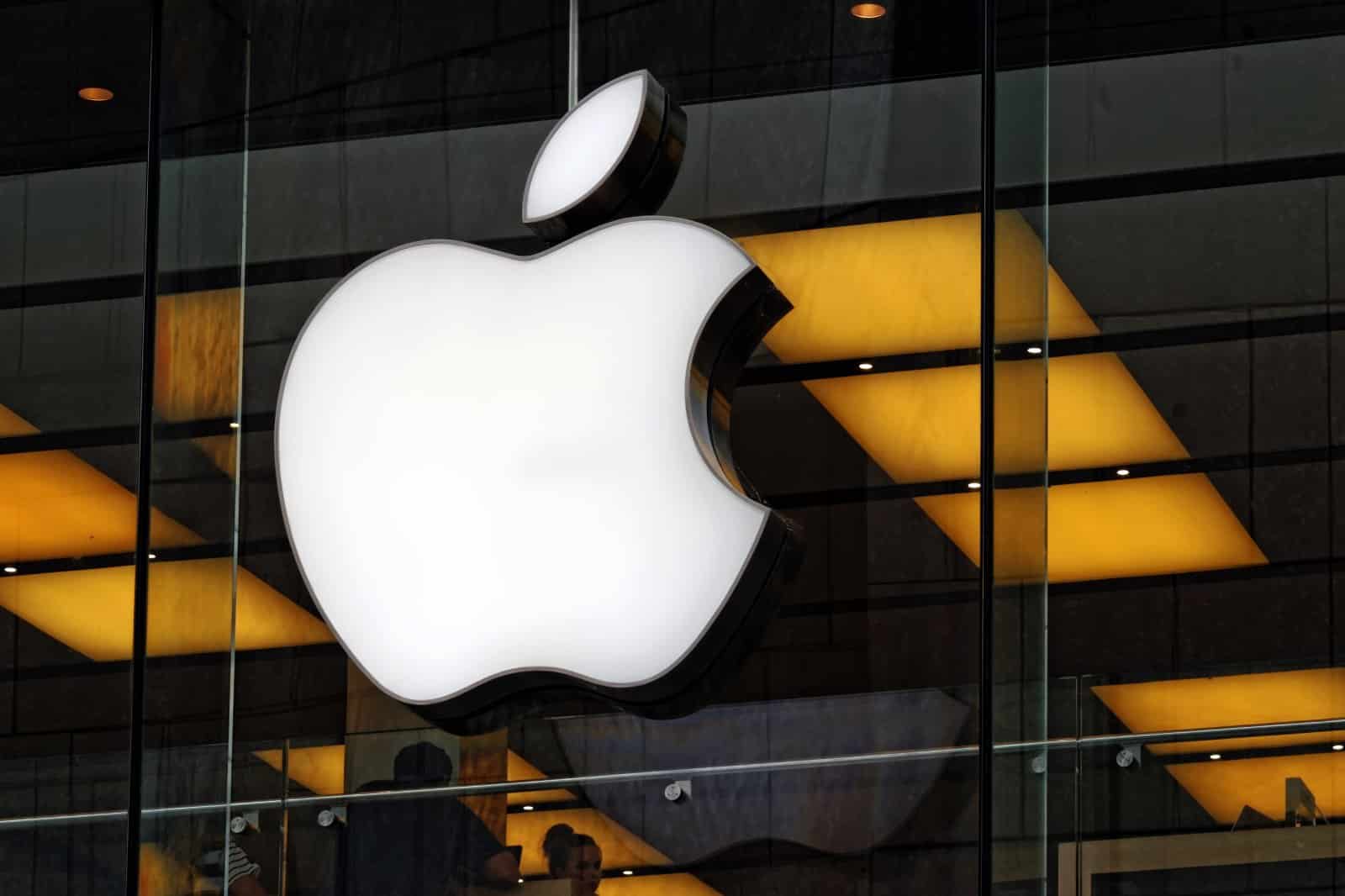
The company even implied democratic issues, stating that the case could “set a dangerous precedent, empowering government to take a heavy hand in designing people’s technology”.
Years Ahead

The case will likely take years to conclude, and even longer to enact any changes to Apple’s contracts and practices if the courts rule in the government’s favor.
Third Legal Case
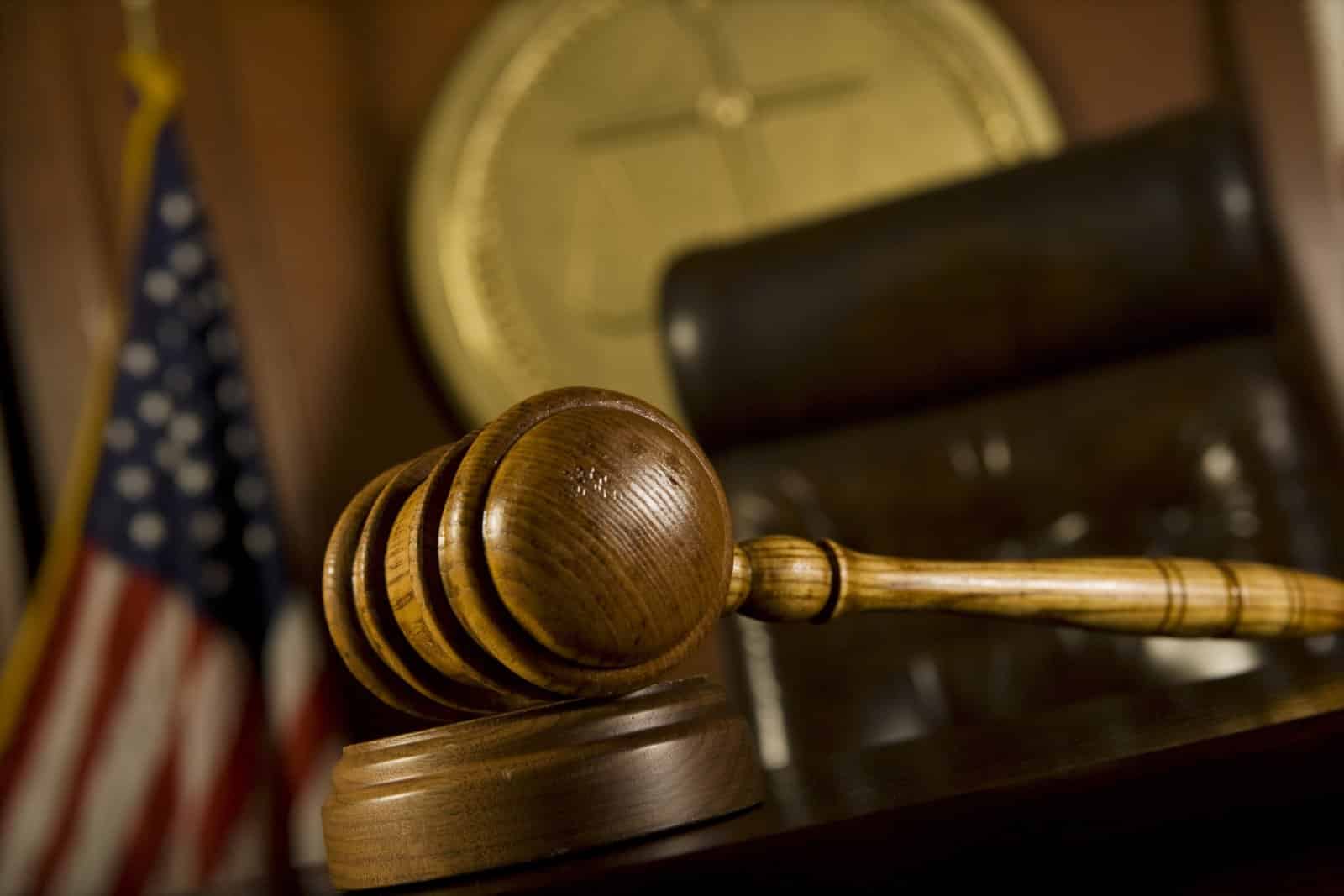
This is the third instance of legal action taken against Apple by the U.S. government, and the first under the Biden administration.
Issues Across the World

However, the U.S. is far from the only country to launch investigations into Apple business practices – the company has also faced anti-trust investigations in Japan, Korea, and Europe.
21 States Where Squatters Can Legally Claim Your Property
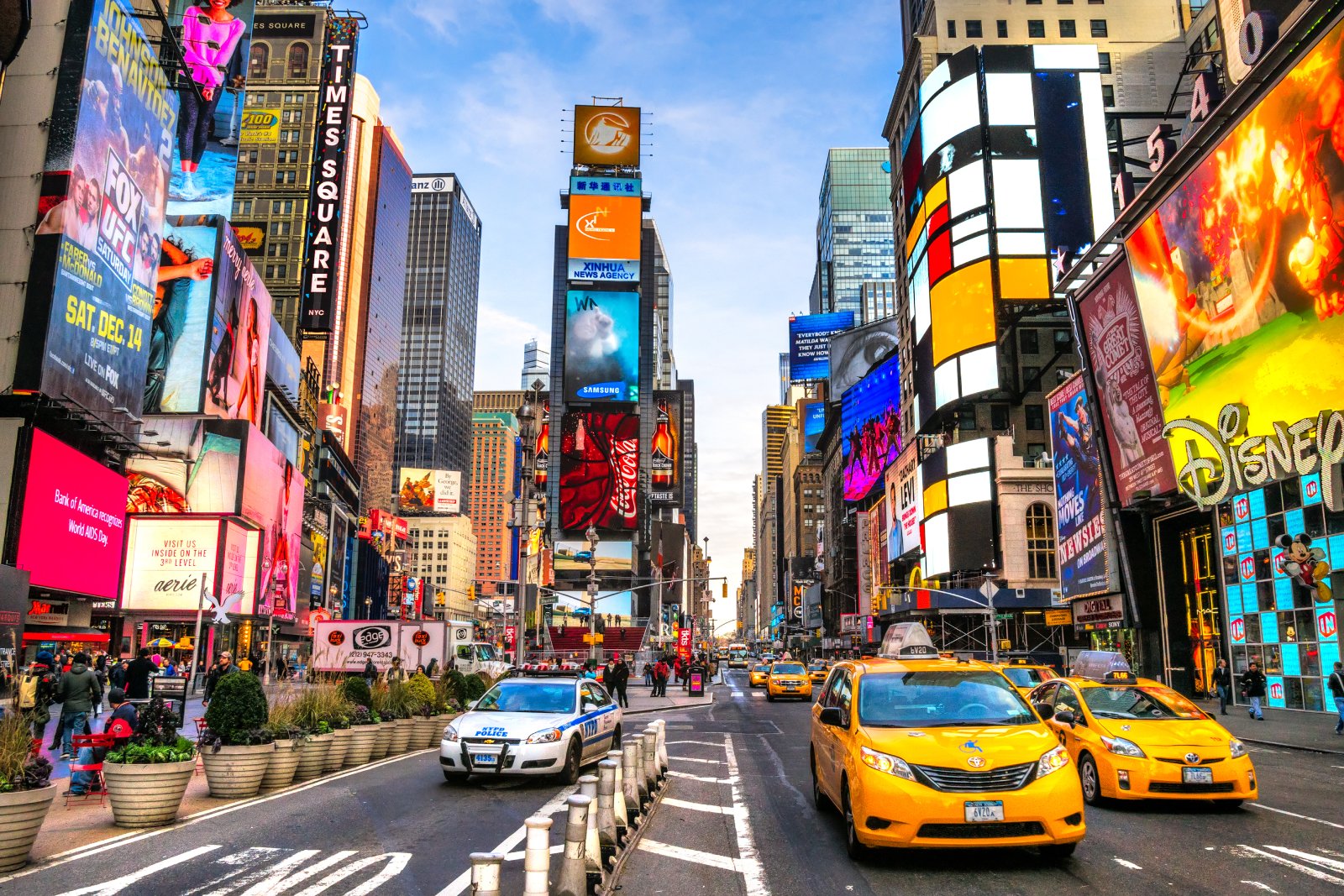
Discover how squatters’ rights, or adverse possession, are more than just legal jargon—they’re stories of unexpected twists in the world of real estate. From sunny California to the historical landscapes of Pennsylvania, here’s how these laws could turn the tables on homeowners and squatters alike. 21 States Where Squatters Can Legally Claim Your Property
14 Things That Are Banned in the U.S. but Totally Fine Elsewhere

Ever feel like America’s rulebook was written by someone with a dartboard? Across the pond or down under, things get even wackier. Let’s take a walk on the wild side of global “Do’s” that are definite “Don’ts” in the Land of the Free. 14 Things That Are Banned in the U.S. but Totally Fine Elsewhere
25 American States Nobody Wants to Visit Anymore

Across the United States, some states capture the hearts and itineraries of many, while others remain quietly on the sidelines, overshadowed or misunderstood. These 25 states, facing what you might call a popularity crisis, are brimming with hidden wonders, cultural riches, and natural beauty, awaiting those willing to look beyond the usual tourist trails. 25 American States Nobody Wants to Visit Anymore
20 Foods That Are Cheaper to Eat Out Than Making at Home

In a world where convenience often wins, certain culinary delights come with a lower price tag when enjoyed at a restaurant rather than crafted in your own kitchen. Here are twenty foods that might save you both time and money when indulged in at your favorite eatery. 20 Foods That Are Cheaper to Eat out Than Making at Home
17 Things You’re Paying For, but You Don’t Have To

In the land of the free, there’s a price tag on everything, but savvy Americans know better than to open their wallets for just anything. Here are 17 expenses you’ve been shelling out for without realizing there’s a cheaper or even free alternative. 17 Things You’re Paying For, but You Don’t Have To
The post U.S. Takes Aim at Apple: Lawsuit Accuses Company of Monopolizing Smartphone Sector first appeared on From Frugal to Free.
Featured Image Credit: Shutterstock / TungCheung.
The content of this article is for informational purposes only and does not constitute or replace professional financial advice.
